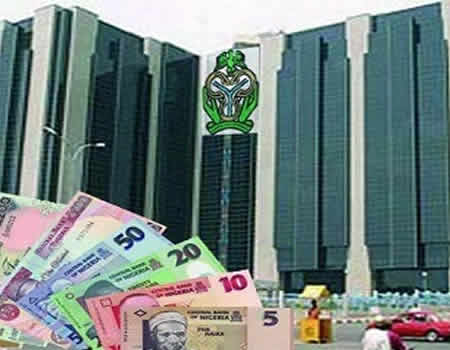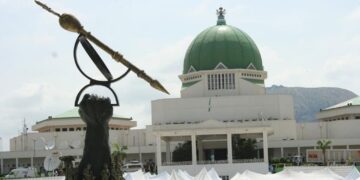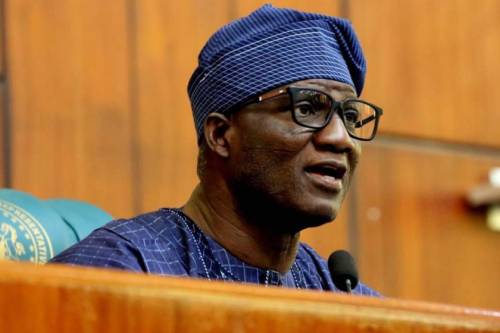The Central Bank of Nigeria (CBN) has disclosed that foreign education has cost Nigeria a whopping sum of $28.65 billion between 2010 and 2020 (10 years).
According to CBN’s available Balance of Payments Statistics, this amount was not sent abroad but was part of the apex bank’s Foreign Exchange reserves that could have helped the Naira to be much stronger today.
The bank’s document seen by Nigerian Tribune also frowned at the sum of $1 billion that Nigerians spend annually on medical treatment abroad, adding that Nigerians have spent $11.01 billion on healthcare related services over the past 10 years.
“Over the last 10 years, therefore, foreign exchange demand specifically for education and healthcare has cost the country almost $40 billion.
“As you may know, this amount is equivalent to the total current foreign exchange reserves of the CBN. If we were able to avoid a significant portion of this demand, the Naira would be much stronger today,” it stated.
In a similar development, Nairametrics, a leading Nigerian online newspaper, recently reported that Nigeria and its corporates spent $55 billion on foreign expatriates for business, professional and technical services in the last 10 years.
This is not to mention Personal Travel Allowances (PTA) which gulped a total of $58.7 billion over the same period.
In fact, the CBN document highlighted that in the nine-month period between January and September 2019, the bank sold $9.01 billion to Nigerians for personal foreign travels.
According to the apex bank, in the 1980s and 1990s, “You would search hard before you can find parents who sent their children to primary and secondary schools abroad. Today, a sizeable amount of the foreign exchange request Nigerian banks receive for school fees are for primary and secondary school education, some of which are for neighbouring African countries,” it lamented
All these, according to the apex bank, add pressure on the Nigerian Naira and cause the Dollar exchange rate to increase.
Some analysts empathise with the CBN’s situation on the understanding that the exchange rate’s stability or the Naira strengthening is not rocket-science but requires Nigeria as a country to improve on Dollars earning capacity and reduce appetite for importing anything and everything.







